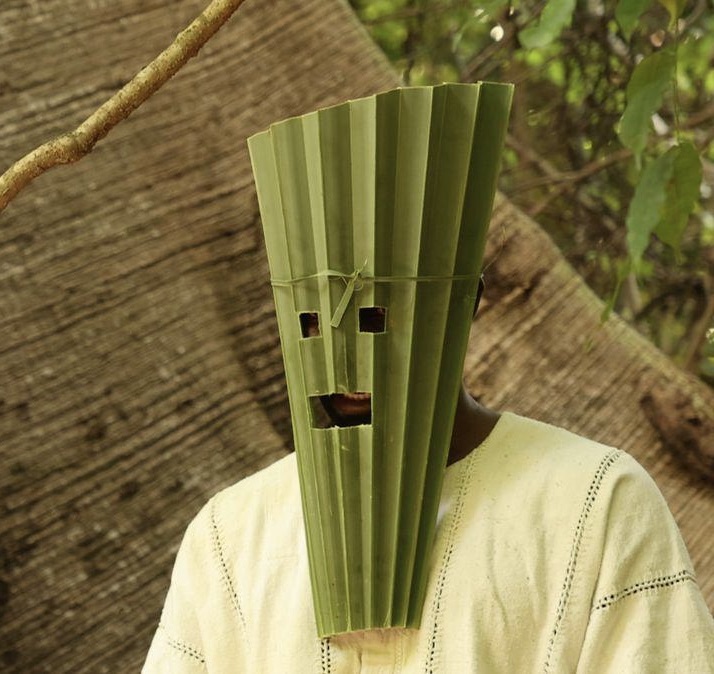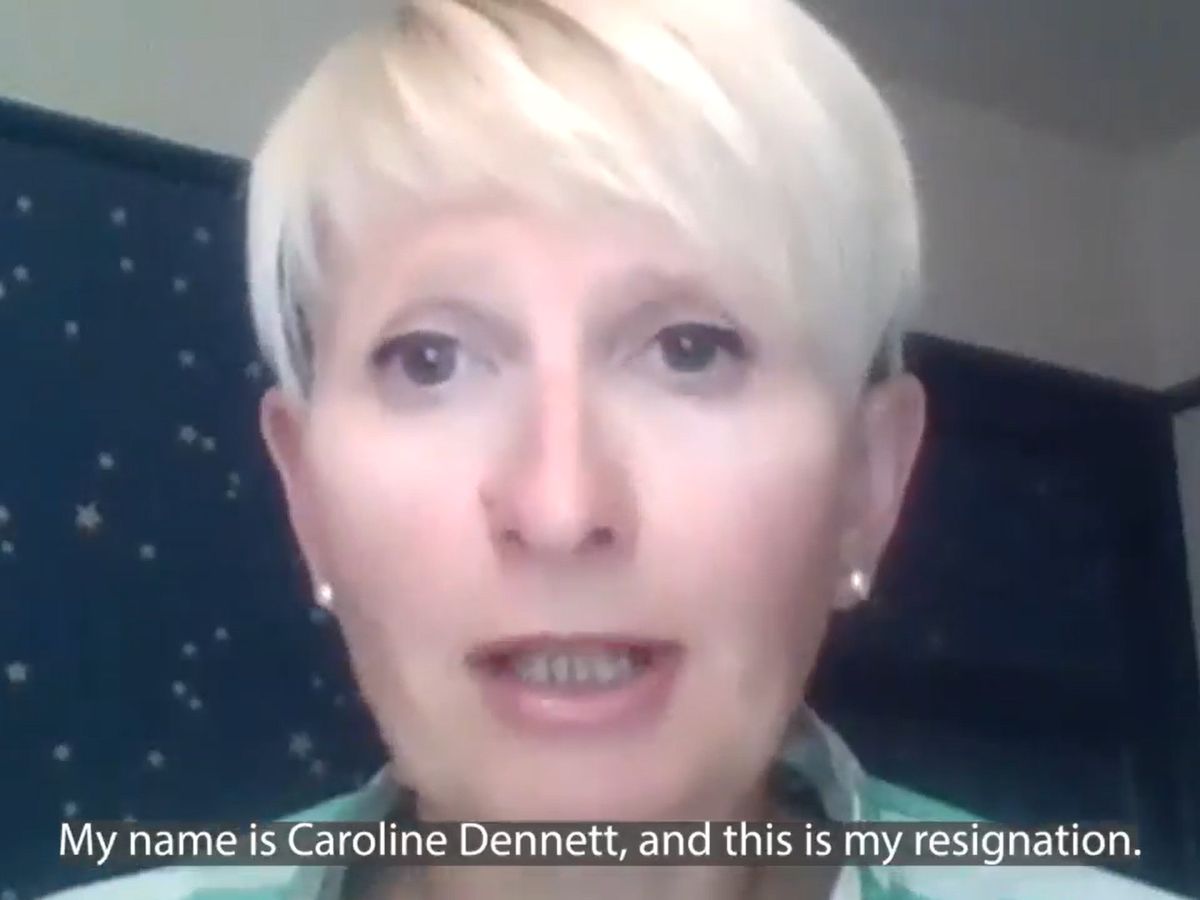Whether it’s a banker speaking out against a fossil fuel financing initiative; a government scientist facing censorship or a farmer protesting against unsustainable agricultural practices, individuals from various backgrounds have the potential to become climate sentinels, exposing practices such as greenwashing or uncovering issues like mass deforestation.
Here are a few examples of people who have found the courage to denounce malpractices they witnessed.

Amadou Traoré: whistleblowing on rosewood looting in Mali
Read MoreAmadou Traoré has blown the whistle on rosewood looting and international trafficking in Mali.
Born and raised in Thial, a village near Timbuktu in north-central Mali, Amadou Traoré met a Chinese businessman at the end of his university studies, who was having language difficulties that were interfering with his professional activities. This man, nicknamed “M.X”, was looking for rosewood, a precious species used in cabinet-making, to be sold through his company. Amadou was offered a job as an interpreter with the Chinese company.
Between 2014 and 2016, Amadou Traoré rose through the ranks. Simultaneously an interpreter on the export of rosewood to China and a linguistic assistant for the marketing of sesame and motorbikes, he discovered that the rosewood sold and shipped actually came from Mali, and not from the Ivory Coast, as per the company claimed.
However, it was only a few years later that he realized the significance of his discovery. In 2018, due to delay in delivery, Amadou Traoré, having gained the trust of his employer, was sent into the forest. There he witnessed massive deforestation, caused by the over-exploitation of Mali’s natural resources.
Upon his return to Bamako, he decided to alert the authorities, suspecting his employer of illegality. But no one seemed interested in his revelations. After several emails to the Department of the Environment, he went to the Ministry of the Environment, who suggested that he submit an explanatory note, but no action was taken. At the same time, he contacted several national and international media, including France 24 who investigated the case.
A legal framework bypassed
Mali’s ministerial order of July 10th 2014 prohibits the export of all types of wood in their raw state. At the international level, the Convention on International Trade in Endangered Species of Wild Fauna and Flora (CITES) classifies rosewood as a vulnerable species. But this legal framework is bypassed by logging companies, which take advantage of the ambiguity of the designation “in its raw state”, and produce export certificates that border on legality.
These actions, combined with the revelations of deforestation by Amadou Traoré, were denounced in February 2020 by France 24 in a press article. The investigation highlighted the logging permits granted by Mali’s Department of Water and Forests to the Général Industrie du Bois, a former state-owned company, allowing it to sell rosewood to Chinese companies.
This article led to the temporary suspension of all rosewood export activities (lifted in 2021 by the Malian government). However, it also endangered Amadou Traoré, who had to flee his country to avoid reprisals from the network behind the wood trafficking.
Now in exile, Amadou Traoré devotes his life to protecting the environment, and more particularly to the fight against deforestation. The Platform to Protect Whistleblowers in Africa (PPLAAF) has been supporting Amadou in his efforts and has been providing him with psychological and legal support since he blew the whistle.
